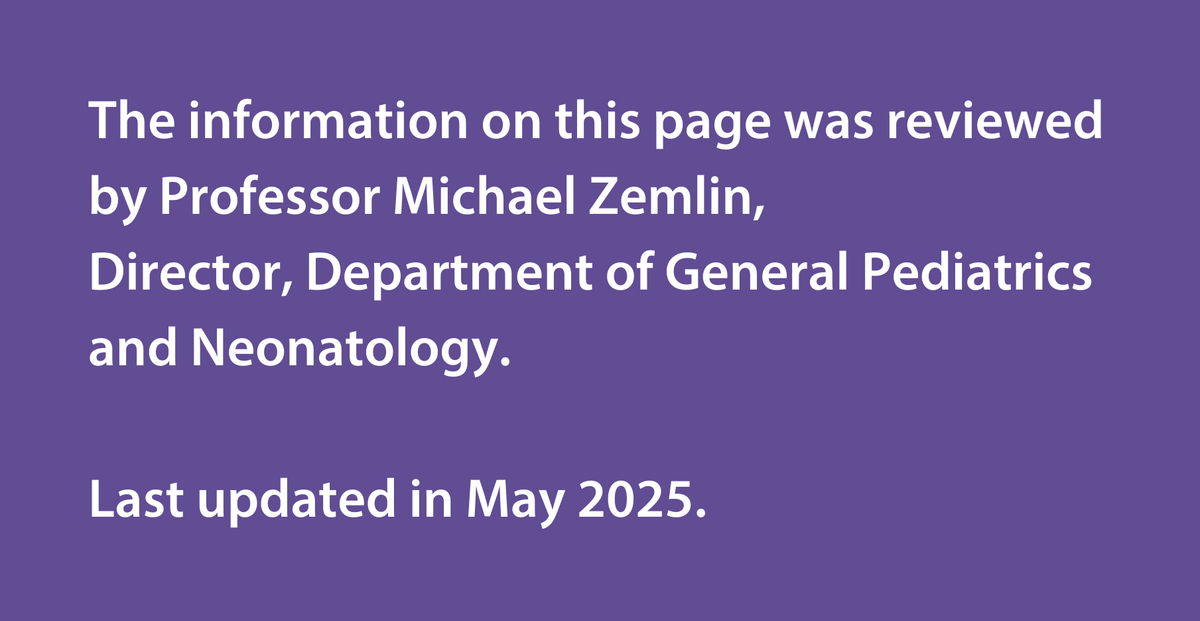Please consider reading the information that is relevant to you and your little one(s). By doing so, you can avoid overwhelming yourself with too much information in an already distressing time.

In the womb⍰, a special blood vessel called the ductus arteriosus connects a baby's heart and lungs, ensuring proper circulation. After birth, this vessel usually closes naturally, but in very preterm babies, it might remain open. This is a condition known as patent ductus arteriosus (PDA).
If the PDA is small, it might not cause any symptoms, however, a larger PDA can lead to increased blood flow to the lungs, making the heart work harder. This can cause breathing issues, heart problems, or reduced blood supply to vital organs like the kidneys, intestines, and brain.
Preterm babies, especially those born before 34 weeks, have a 40% risk of developing this condition. If left untreated, many PDAs will close on their own, but the healthcare team will carefully consider the potential health risks. Most babies with PDA have a heart murmur detected during routine checks. Other symptoms might include breathing difficulties, abnormal blood pressure⍰, and changes in heart rate, all monitored in the neonatal unit.
PDA can sometimes resolve on its own with careful fluid management. Medications like indomethacin⍰ or ibuprofen⍰ may help but, in some cases, surgery might be necessary to close the PDA.

